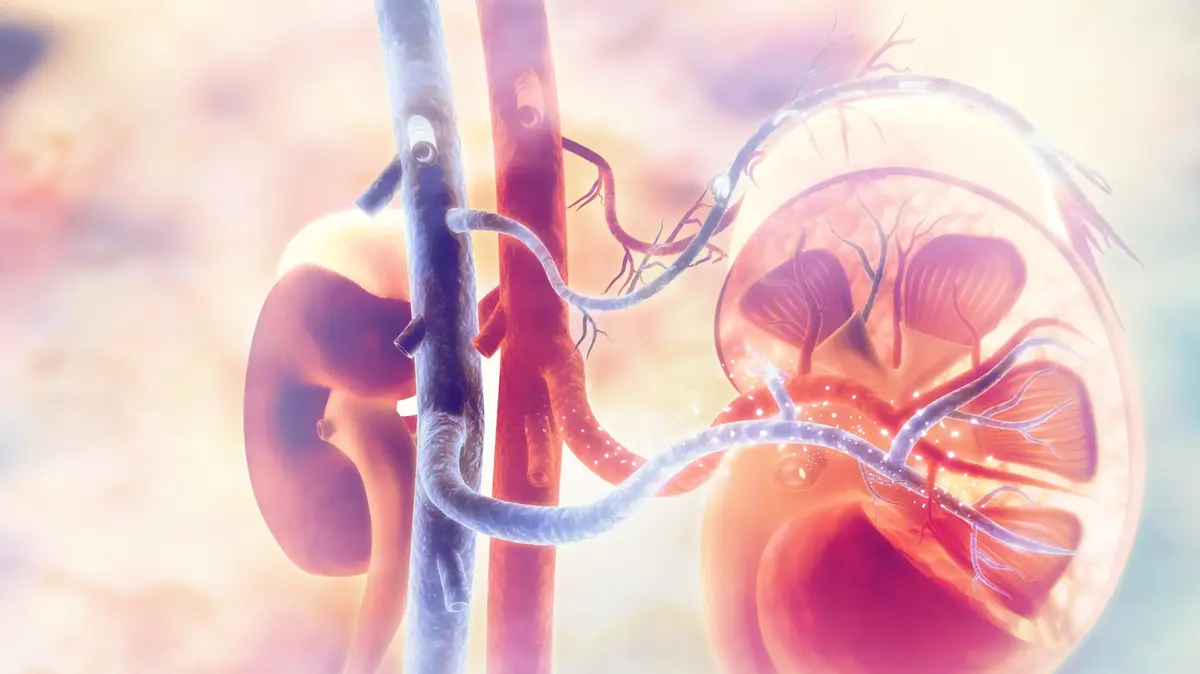"I live despite all the sad predictions"
Until a few years ago, kidney cancer patients diagnosed with metastasis knew that the end was imminent, but new treatments incorporating immunotherapy drugs were changing the picture. Watch an interview at Walla Studio! News of the Therapeutic Revolution in Kidney Cancer
"I live despite all the sad predictions"
Walla system! NEWS in collaboration with BMS900 people are diagnosed with kidney cancer every year in Israel. Ninety percent of kidney patients are diagnosed with Renal Cell Cancer (RCC) and only one kidney is affected. Most patients are diagnosed with local disease in stages 1 to 3, without metastatic dissection. Unlike breast or colorectal cancer, kidney cancer has no room for early diagnosis, but it is important to pay attention to the precursor signs, including pain in the waist, bleeding in the urine or anemia.
In the early stages of the disease the usual treatment is removal of the kidney. In the case of already metastases, up to ten years ago, the significance was very difficult, with an average survival of only 9 months. However, since then, there have been a number of changes in treatment with the introduction of biological drugs that have increased survival to 25-30 months. Then came the immunotherapeutic drugs that activate the body's immune system and the results have significantly improved the treatment of the disease. Today, immunotherapy and biological treatments show promising results in kidney cancer. Dr. Avivit Farr, senior physician at the Oncology Institute and responsible for the urinary tract tumor clinic at Rambam Medical Center, explains: "The immunotherapeutic drugs are exciting news in the oncology world. Of kidney cancer, there is routine treatment with one immunotherapy drug and today we are talking about a combination of two immunotherapy drugs that double the chance of a tumor response, and double the chance of a long-term response to the disease. "
More on the same topicInternational Cancer Day: Decrease in disease mortality in Israel
To the full articleEmmanuel (Lolly) Liron, 74, from Haifa, was diagnosed with metastatic kidney cancer in 2011, and his condition seemed to be in serious condition. Fortunately, he was among the first to receive the new treatment that included a combination of two immunotherapeutic drugs, and so from a person who was already a hospice candidate, he was alive and active. "I am not afraid of death - I was almost on the side of the dead already, but I am still alive and well and I have to thank what I have earned," he says.
"Emmanuel received the treatment as a fourth line, that is, after three treatments stopped helping him, and then he received an experimental treatment, and there was a response which is really great. Today we are very pleased that we have the option of treating patients in this combination of immunotherapy already as the first standard instead of the usual treatments." Dr. Farr says, "The new basket introduced this combination because studies have shown that treatment initially improves survival significantly compared to what it was before."
As a summary of his new life since receiving immunotherapy, Emanuel added with a smile: "By 2015 I counted 7 times that I went to the ER, since April 2015 I reached 9 times at the Ben Gurion Airport."
Watch an interview at Walla Studio! NEWS with Emmanuel Liron and Dr. Avivit Farr

